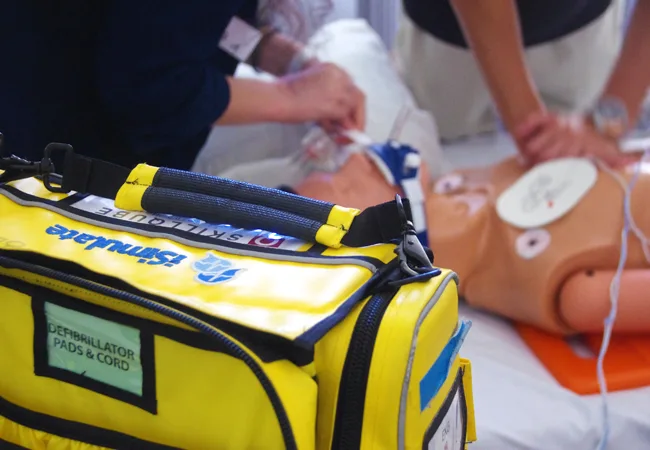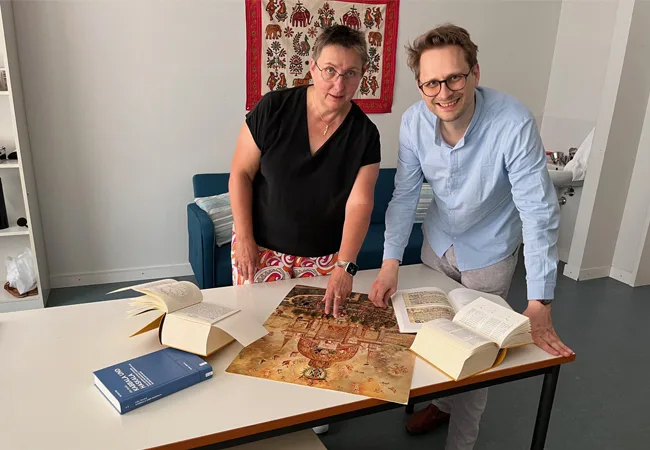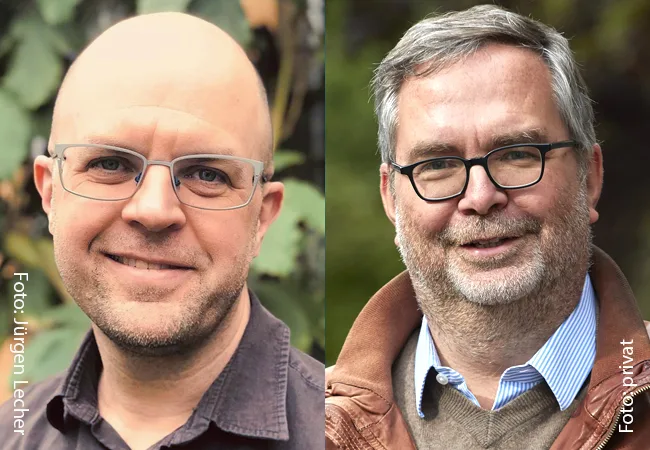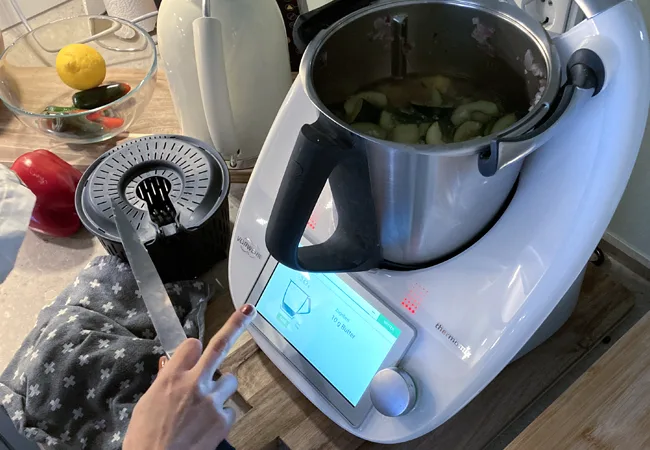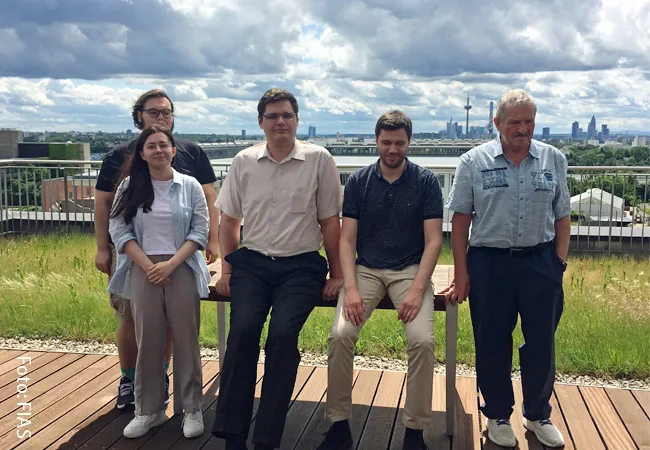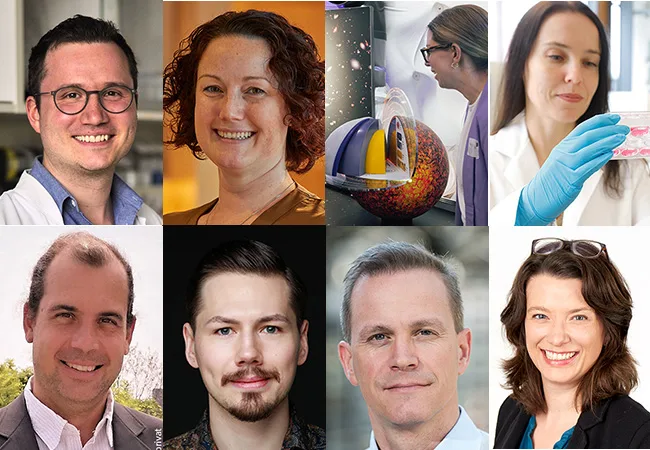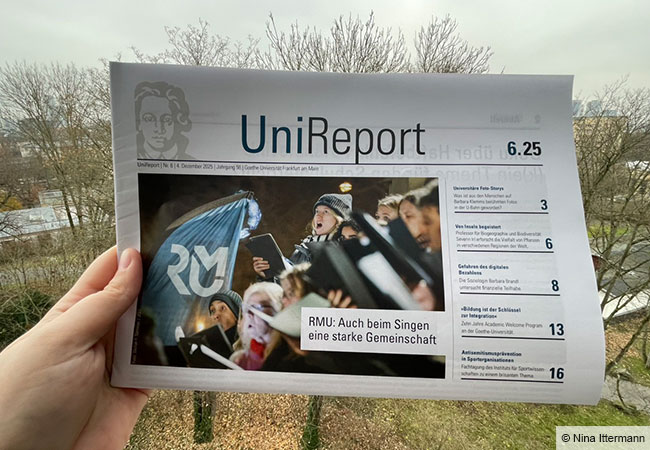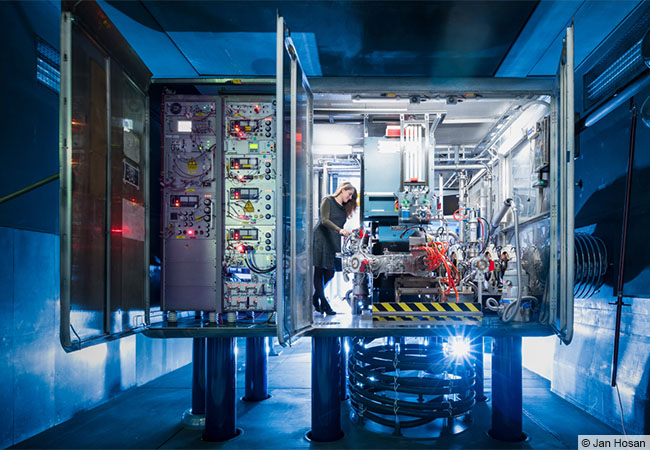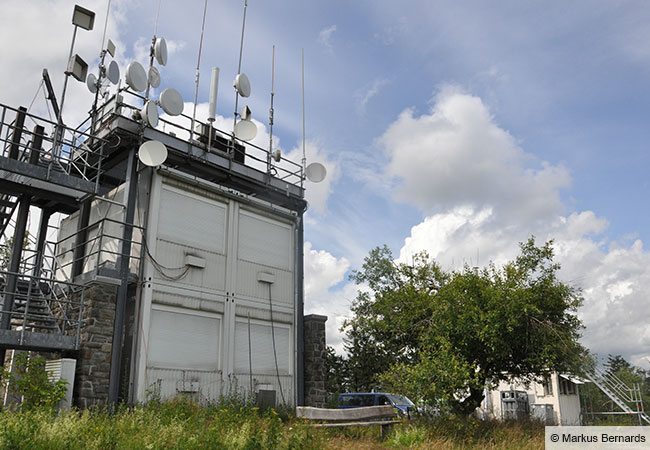Goethe University Frankfurt is applying for the upcoming round of the Excellence Strategy of the German federal and state governments with four new clusters on the following research topics: Trust in conflict (ConTrust), infection and inflammation (EMTHERA), the origin of heavy chemical elements (ELEMENTS), and cellular architectures (SCALE). These applications bring together the competencies and pioneering ideas of Goethe University Frankfurt with those of colleagues in the Rhine-Main Universities (RMU) alliance and additional partners from four major non-university research organizations. The Cluster of Excellence “Cardio-Pulmonary Institute” (CPI), first set up in 2019, will submit a full proposal next year.
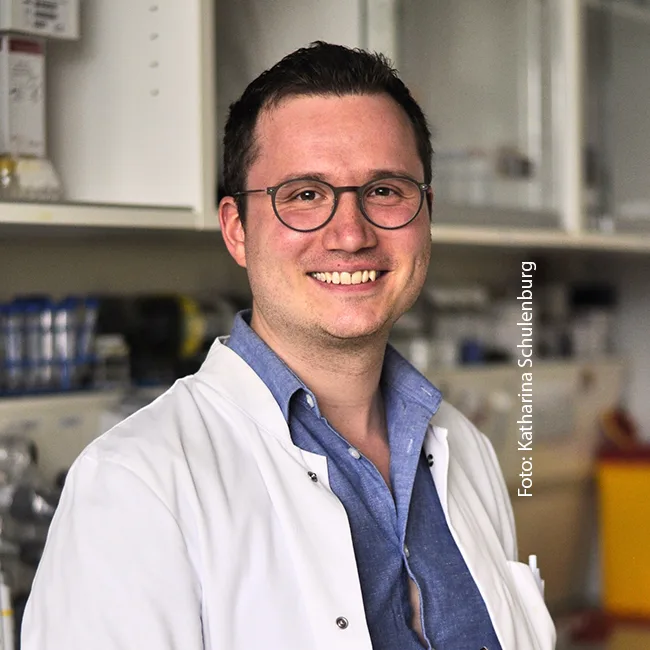
Dr. Julian Wagner, an early career researcher at the Institute of Cardiovascular Regeneration and the Cardio-Pulmonary Institute of Goethe University Frankfurt, has made heart diseases his research focus. His path to this captivating science began early on. “Already when I was still at school, I was fascinated by the natural sciences, especially biology and chemistry,” he recalls. “Choosing ‘Health & Nursing’ as one of my advanced courses triggered my interest in medicine and the human body. I wanted to work in a profession that benefits people.” With his extensive knowledge of the natural sciences and a passionate interest in medical research, Wagner has concentrated throughout his studies, doctoral degree and now as a young scientist on the specificities of heart and lung research. “These organs are vitally important, and their state of health is immediately discernible,” he explains. “What especially fascinates me is the ageing process of these organs, as well as the mechanisms taking place during this natural process.”
Wagner is both a member and the spokesperson of the CPI Academy, and his research is primarily supported by the Cardio-Pulmonary Institute. He is keen to stress that “being part of a strong research consortium and collaboration with leading experts in the field of heart and lung research are invaluable. The CPI offers me not only financial support but also the possibility to explore complex research projects.” One of Wagner’s most important accomplishments is his recent publication in the renowned journal Science. “We analyzed the interaction between blood vessels and nerve fibers in the aging heart,” he explains. The study, titled “Aging Impairs the Neurovascular Interface in the Heart”, shows that aging reduces nerve density in the left ventricle, making it more difficult for the heart to react to stress situations by adjusting its rate.
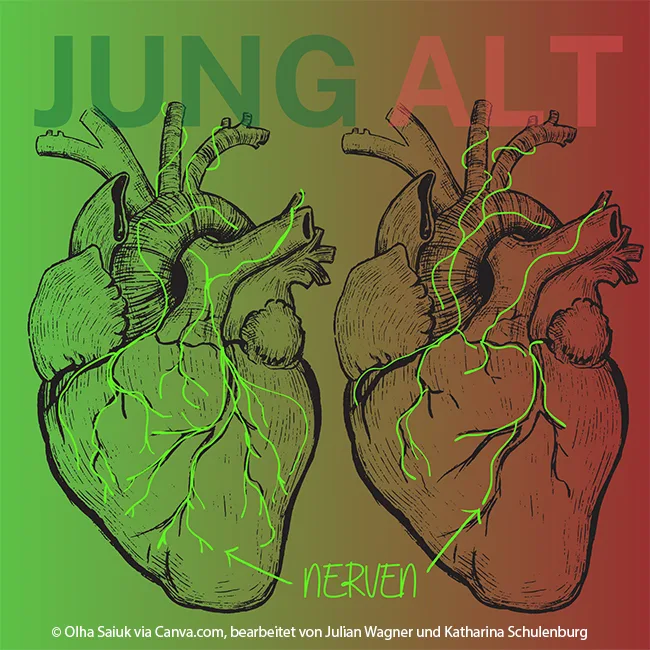
Two processes appear to exacerbate this decrease in nerve cells in the heart. Firstly, blood vessels release more of the messenger substance semaphorin-3A in old age, which inhibits the growth of nerve cells in the myocardial tissue. Secondly, the number of “senescent” cells in the vascular system, which have a negative effect on nerve growth, increases in old age. If the number of these senescent cells is inhibited experimentally by means of targeted drugs (known as senolytics), the nerve cells grow back and the heart regains autonomous control over pulse regulation.
The consequence of the reduced nerves in the heart itself is that the myocardial muscles are no longer “informed” by impulses from the nerve cells, for example that they should ensure a greater supply of oxygen to the body under stress by means of a faster heartbeat. “As a result, the heart loses parts of its vegetative control over heart rate, which can possibly also have adverse consequences for survival in the long term,” Wagner explains. However, to what extent these treatment approaches can be transferred to humans will need to be investigated in future studies.
Wagner’s work has illuminated a specific aspect related to the aging heart that has so far been neglected and which potentially opens up new approaches for conquering age-related heart disorders. Looking ahead, he plans to expand his research on the aging heart, alongside his other research projects. “The work has shown us how much we can still learn about complex cell communication in the cardiopulmonary system,” he says. “Close collaboration with my CPI colleagues will help me explore these intriguing research questions and develop innovative solutions for heart and lung diseases. At the same time, the CPI Academy is supporting me in the further development of my scientific career with a wide variety of training courses and personal mentoring.”
Katharina Schulenburg
THE CARDIO-PULMONARY INSTITUTE
Heart and lung diseases are the commonest causes of death worldwide. The team at the Cardio-Pulmonary Institute (CPI) includes scientists working in basic, clinical and translational research, who have joined forces to better understand heart and lung diseases and find new therapeutic approaches. The consortium comprises Goethe University Frankfurt, Justus Liebig University Giessen, and the Max Planck Institute for Heart and Lung Research in Bad Nauheim, and receives its funding as part of the German Research Foundation’s Excellence Strategy.
CPI ACADEMY
The advancement, support and training of junior researchers at the start of their careers in basic, translational and clinical research are among the CPI’s key priorities. An important goal is to promote their early independence and support young scientists at critical points in their careers, for example at the transition between doctoral student and postdoctoral researcher, from postdoctoral researcher to established group leader, and from established group leader to a professorship. The CPI has developed a number of initiatives to identify and support the “next generation of leaders” at different career stages in the field of cardiopulmonary science and medicine.
More information here.


